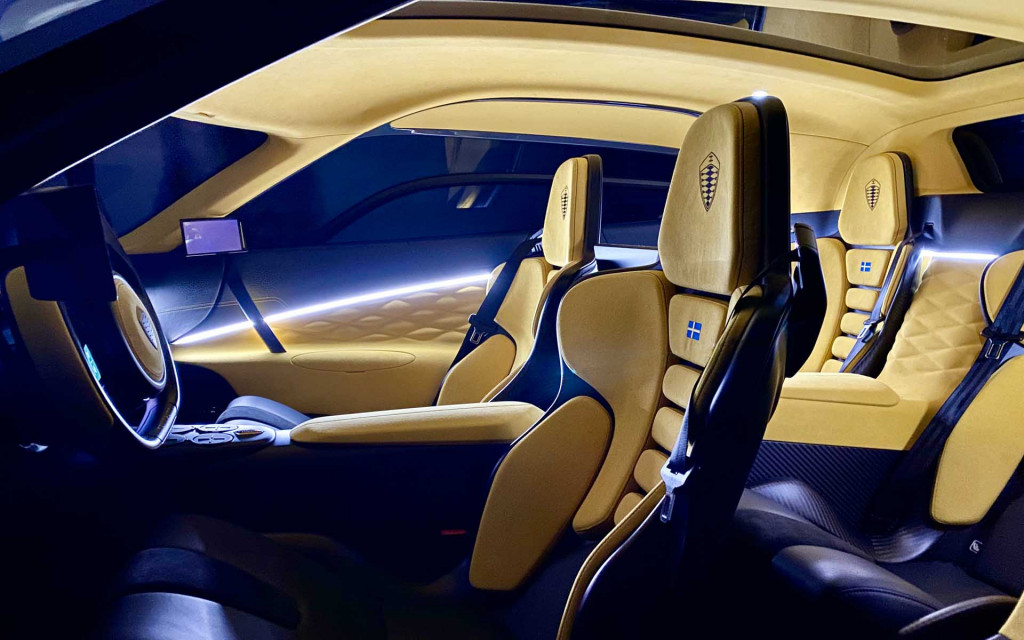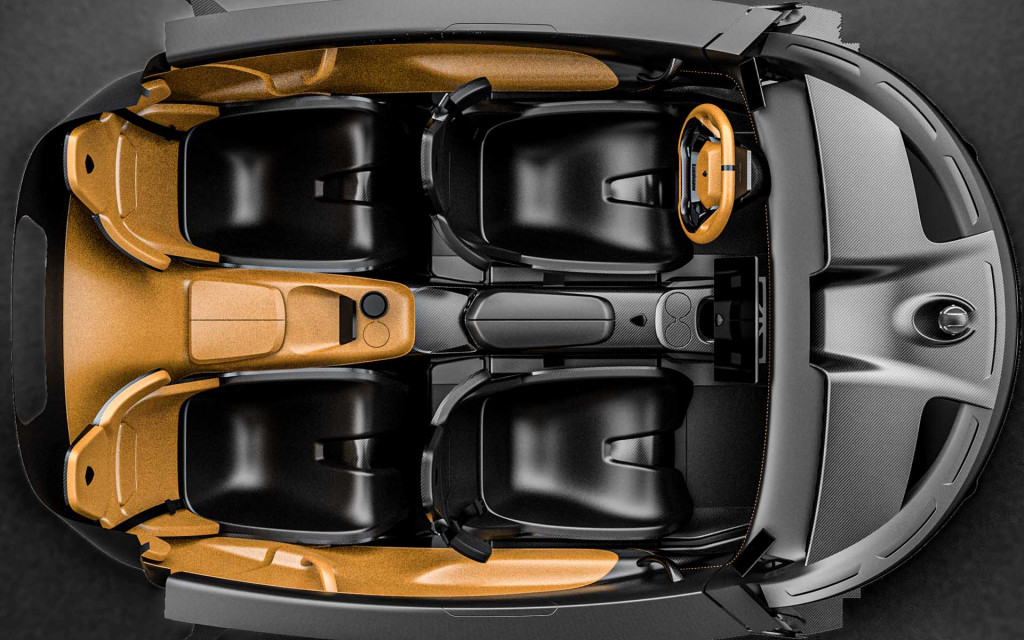- Koenigsegg’s Gemera won’t receive the originally promised 3-cylinder engine
- The 3-cylinder engine has been replaced by the V-8 engine, which was previously supposed to be an option
- The engine change was driven by customer demand, according to Koenigsegg’s CEO
The Koenigsegg Gemera four-seat hybrid hypercar will no longer offer the promised 3-cylinder engine as its internal-combustion component, meaning buyers will now have to opt for the alternative V-8 option.
As spotted by CarBuzz, Koenigsegg CEO and founder Christian von Koenigsegg revealed to Top Gear in a podcast interview published on July 5 that only a small number of Gemera buyers actually wanted the 3-cylinder, which with a hybrid system would have delivered a combined 1,400 hp in the Gemera. Opting for the V-8 lifts the output to as much as 2,300 hp when using E85 fuel.
According to von Koenigsegg, since the demand was so low, he managed to persuade the buyers wanting the 3-cylinder, dubbed the TFG (Tiny Friendly Giant) engine, to opt for the V-8. It means the 3-cylinder will be put on the shelf, though von Koenigsegg said future applications are planned, including potentially in the Gemera.
The 3-cylinder engine, a turbocharged 2.0-liter inline-3, is able to produce a peak 600 hp, thanks in part to a Koenigsegg’s own cam-less technology known as FreeValve. This allows greater control over valve operation, providing more opportunities to make power.
Koenigsegg Gemera

Koenigsegg Gemera design

Koenigsegg Gemera design
The V-8 is a twin-turbocharged 5.0-liter sharing some of its design with the V-8 in Koenigsegg’s Jesko hypercar. When speaking to Top Gear, von Koenigsegg said many changes were made to the V-8 to ensure it fits in the Gemera.
That in itself is an impressive feat as the mid-engine Gemera is also unique in the hypercar world in that it is a four-seater. There are only two doors, in this case a long pair each featuring Koenigsegg’s signature dihedral synchro-helix design where the doors rotate as they extend outward, and access to the rear seats is made easier thanks to the absence of a B-pillar.
Production of the Gemera will be limited to 300 units worldwide, and the first examples are expected to be delivered later this year.


